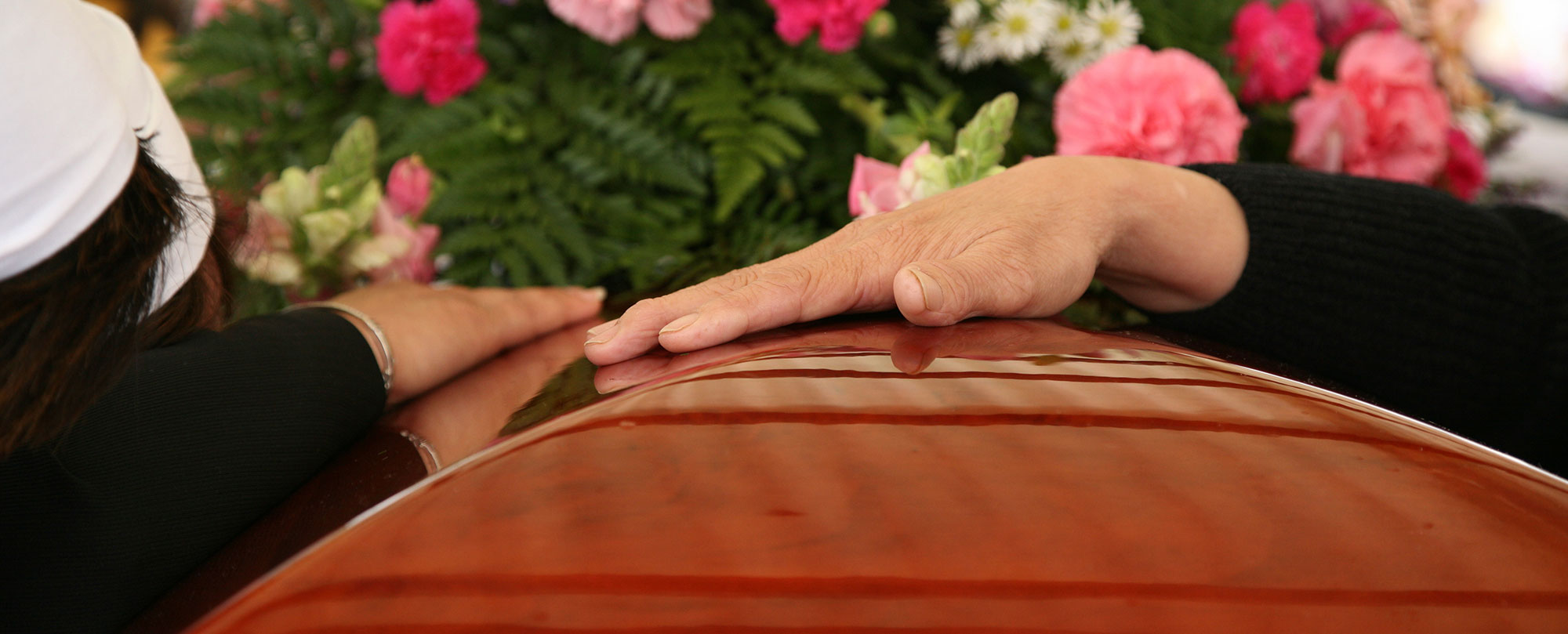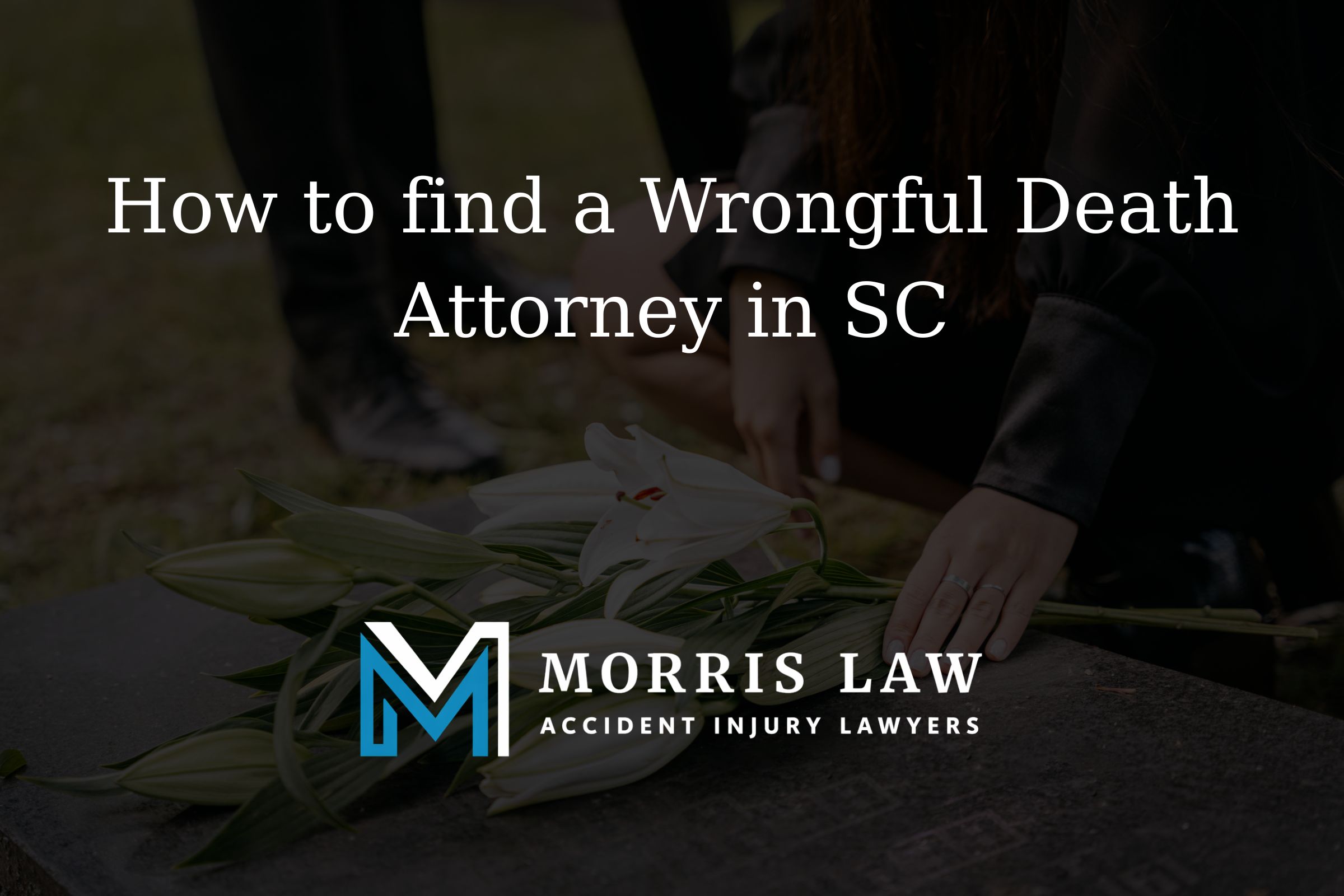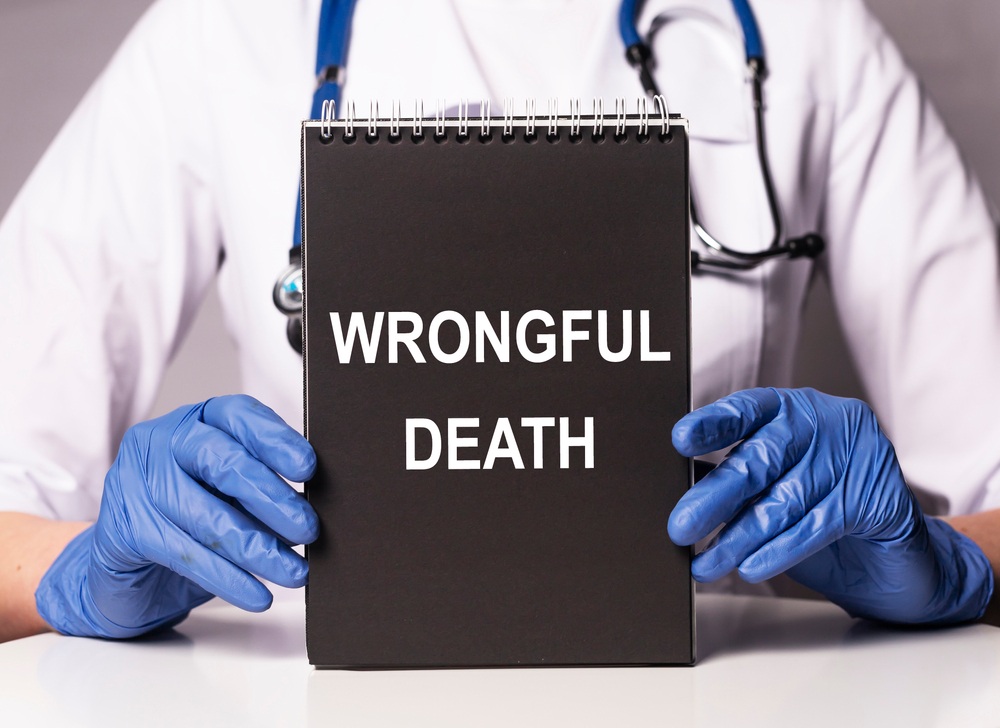
When a family member dies, loved ones are generally consumed by grief, anger, and a sense of helplessness. When that death is caused by the negligent or wrongful acts of another person or party, the pain can be heartwrenching. While no amount of money will bring back your loved one, seeking justice through a wrongful death claim can help you find closure and provide financial compensation to help with funeral expenses and other losses.
What Is the Statute of Limitation for Filing a Wrongful Death Lawsuit?
The statute of limitation for a wrongful death case in South Carolina is generally three years from the date of the deceased person's death. If you do not file a wrongful death action within this timeframe, you will not be able to seek compensation through the court. Some exceptions may shorten or lengthen this deadline. To ensure you don't miss any important deadlines under South Carolina law, it's important to consult a lawyer with experience handling wrongful death claims.
Why is there a Statute of Limitations for Wrongful Death Lawsuits?
Having a deadline for filing a wrongful death claim is important for several reasons. First, it helps ensure that legal actions are pursued promptly, encouraging the timely resolution of disputes and preventing the filing of stale claims based on events that occurred long ago. This serves the interests of justice by promoting fairness and efficiency in the legal system.
Additionally, a statute of limitations provides clarity and certainty for both plaintiffs and defendants, allowing them to know their rights and obligations within a defined timeframe. It also helps preserve evidence and witnesses' memories while this information is still available and ensures evidence is not lost or tarnished. This is a problem when too long a period elapses between the time the accident occurred and the case is taken to court.
Furthermore, these filing deadlines help prevent the threat of indefinite legal liability, allowing individuals and businesses to plan and conduct their affairs without the constant fear of potential lawsuits arising from past events.
When Does the Clock Start Ticking for a Statute of Limitation?
In a wrongful death lawsuit, the clock usually starts ticking when the deceased person dies. However, in some cases, the wrongful nature of death is not obvious. For example, if a person dies after suffering injuries in a head-on collision, it is generally obvious that the crash was the reason for their demise.
But, what if the person died due to a surgeon's mistake? If medical malpractice is suspected, your wrongful death lawyer can explore the medical care received by the deceased to determine if liability is present. If the surgeon did not professionally act in a way that meets the standards within his/her community, you have entered into the deadline period.
Survival Actions vs. Wrongful Death Claims
A survival action is similar to a wrongful death suit, and both must be approved by the probate court, circuit court, or U.S. district court. However, they are two separate legal claims. In cases where the decedent doesn't die immediately from their injuries, survival actions allow them to recover damages from the time the accident occurred to the date of their death.
These legal actions also differ in who can file a claim. Family members of the decedent can file a wrongful death claim, but only a personal representative of the deceased person's estate can file a survival action. A wrongful death settlement benefits the deceased person's survivors whereas a survival action settlement benefits the deceased person's estate, which is then distributed to the deceased person's heirs according to the terms of the estate.
Morris Law Accident Injury Lawyers in South Carolina
If you have questions about wrongful death settlements, call Morris Law Accident Injury Lawyers in Myrtle Beach and Murrells Inlet at (843) 232-0944 or online to schedule a free case evaluation. We will be able to answer your questions and help you file a claim against the at-fault party. Remember, if you retain our firm, there is no fee until you win.








